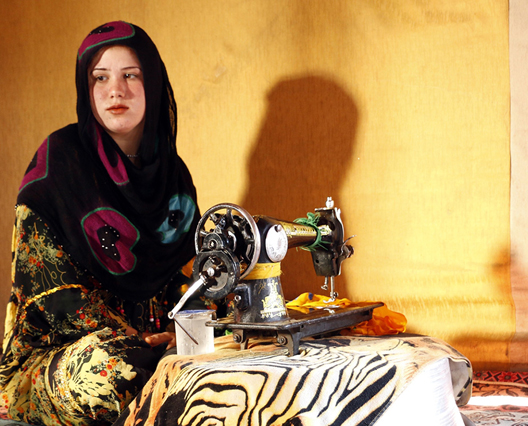AMMAN — Microfinancing initiatives for women are on the rise in Jordan, aiming to empower women economically and socially and confront high female unemployment, experts say.
Microfund for Women (MFW) is Jordan’s first and largest non-profit microfinance institution, with a mission to provide financial and non-financial services to underserved entrepreneurs. MFW aims to empower women in particular socially and economically.
According to the Solidarity is Global Institute (SIGI), a local women’s NGO, 86 per cent of women are economically inactive. Experts told The Jordan Times about the challenges women experience in starting their own enterprises as well as the opportunities that await them when they receive a loan for their small businesses.
According to the Department of Statistics, Jordan’s unemployment rate remained high at 24.8 per cent in the second quarter of 2021. A SIGI report stated that female unemployment reached 33.1 per cent in same time period.
The World Economic Forum introduced a Global Gender Gap Index in 2006, which captures the gender-based disparities throughout the world. Jordan ranked 138th out of the list’s 153 countries.
“The high unemployment rate calls for a serious collective effort from the public as well as private sector to help maximise the presence of women in the labour market,” Tohama Nabulsi, MFW’s Public Relations and External Communications Manager, told The Jordan Times.
“The main limitations for women to start a business are family responsibilities, cultural constraints, lack of public transportation, lack of day-care facilities, difficulty in having access to cash, high registration fees and taxes with no real incentives offered for investment,” Nabulsi added.
“Microfund for Women is supporting entrepreneurs, particularly women who are interested in setting up small projects or have already existing businesses,” she said.
“The average repayment percentage of MWF loans is 98 per cent. And when repayment issues arise, MFW takes the time to understand what’s behind them,” she noted.
“MFW does not refer to legal actions and does not imprison women under any circumstances as a decision from the board of directors, who believe that women should not be imprisoned for financial reasons,” Nabulsi said.
“Entrepreneurship can be key in supporting women. The government should also take action to collaborate with different entities that support women’s participation in the workforce,” she concluded.
“In order to sustain economic empowerment for Jordanian women, it remains important to ensure equal economic opportunities,” said Salma Nims, Secretary General of the Jordanian National Commission for Women.
“We work on several components to ensure equal economic opportunities for women in Jordan, including day care, social security, transportation methods and the push for equal payments,” Nims noted.
Microfinance initiatives for women are a good technique for achieving economic independence while taking into account some considerations.
“It is still vital to keep track of these women’s expenses in order for the loan to be successful. Frequently, women use the loan to cover their basic living expenses rather than to launch their business,” she said.
“While many women are successful in repaying their loans, this does not imply that their businesses are successful,” she continued.
“It remains critical to examine the microfinance system and ensure that companies have regularised it,” Nims added.
